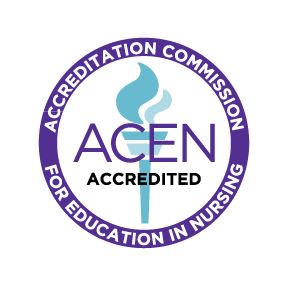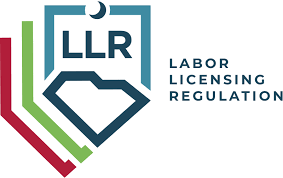
Nursing Transition Track
Program Type: Associate In Applied Science
Program Level: UG
Division: Nursing & Allied Health
Program Duration: 24 months
Program Contact: Dr. Michelle Baxley
Time: Day
Program overview
The LPN to ADN Transition program prepares LPNs, with a current unrestricted license in the state of South Carolina, the opportunity to pursue an associate degree in nursing. The LPN to ADN transition program is academically challenging. The program is open to men and women who provide evidence of interest, motivation, and aptitude in the area of health care. Students are awarded an associate of applied science degree in nursing, and eligible to take the National Council Licensure Examination (NCLEX-RN). Nurses are employed in health care facilities, physician's offices, home care agencies, industries, and long-term care facilities. There are numerous additional opportunities for nurse employment. Upon completion of the program, the student is eligible for an Associate Degree in Applied Science and may apply to take the National Council Licensure Examination for Registered Nursing Practice (NCLEX-RN). According to the US Department of Labor (Bureau of Labor Statistics) website, the mean annual salary for a Registered Nurse in South Carolina is estimated to be $77,610 (May 2021).
Entry Requirements
To see a list of entrance requirements for this program, please check the FDTC Course Catalog.
Student Learning Outcomes
The faculty of the Florence Darlington Technical College (FDTC) School of Nursing used the six QSEN competencies as a foundation to redefine the student program learning outcomes. The outcomes were leveled across four levels of the curriculum to show a progression from simple to complex knowledge, skills, and behaviors. Each course of the curriculum has a set of outcomes derived from the leveling of outcomes. As the student successfully completes each course in a level, the student will achieve the level outcomes which ultimately leads to achievement of the program outcomes.
- Patient-Centered Care/Safety: Exemplify safe and competent patient-centered nursing care by providing evidence-based clinical decisions and encouraging patient/family involvement in care decisions, for a culturally diverse population.
- Ethical/Integrity: Demonstrate professional, ethical, and legal behaviors consistent with the standards of practice and regulatory frameworks of the registered professional nurse.
- Technology: Utilize clinical technology to retrieve and monitor essential information to support patient care and document nursing care.
- Evidence-Based: Uses evidence-based research to formulate an appropriate plan of care for diverse patients across the lifespan.
- Critical Thinking: Engages in the critical-thinking process by using evidence-based practice to provide patient-centered care.
- Collaboration/Teamwork: Collaborate with members of the inter-professional health care team, patient, and family to provide safe, quality health care.
- Lifelong Learners: Integrates a spirit of inquiry and innovative thinking by engaging to develop a caring professional identity and enhance professional practice.
Open Application Dates for Competitive Health Sciences Programs
Applications for the FDTC Health Sciences Programs will be accepted Monday, April 1, 2024 through Wednesday, May 15, 2024 for the FALL 2024 semester.

